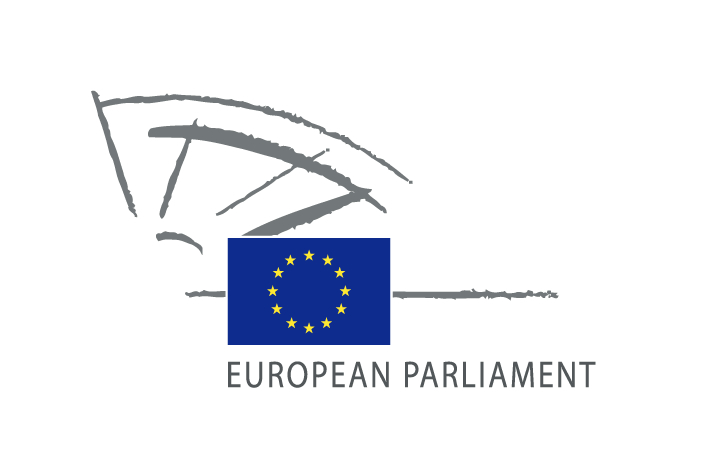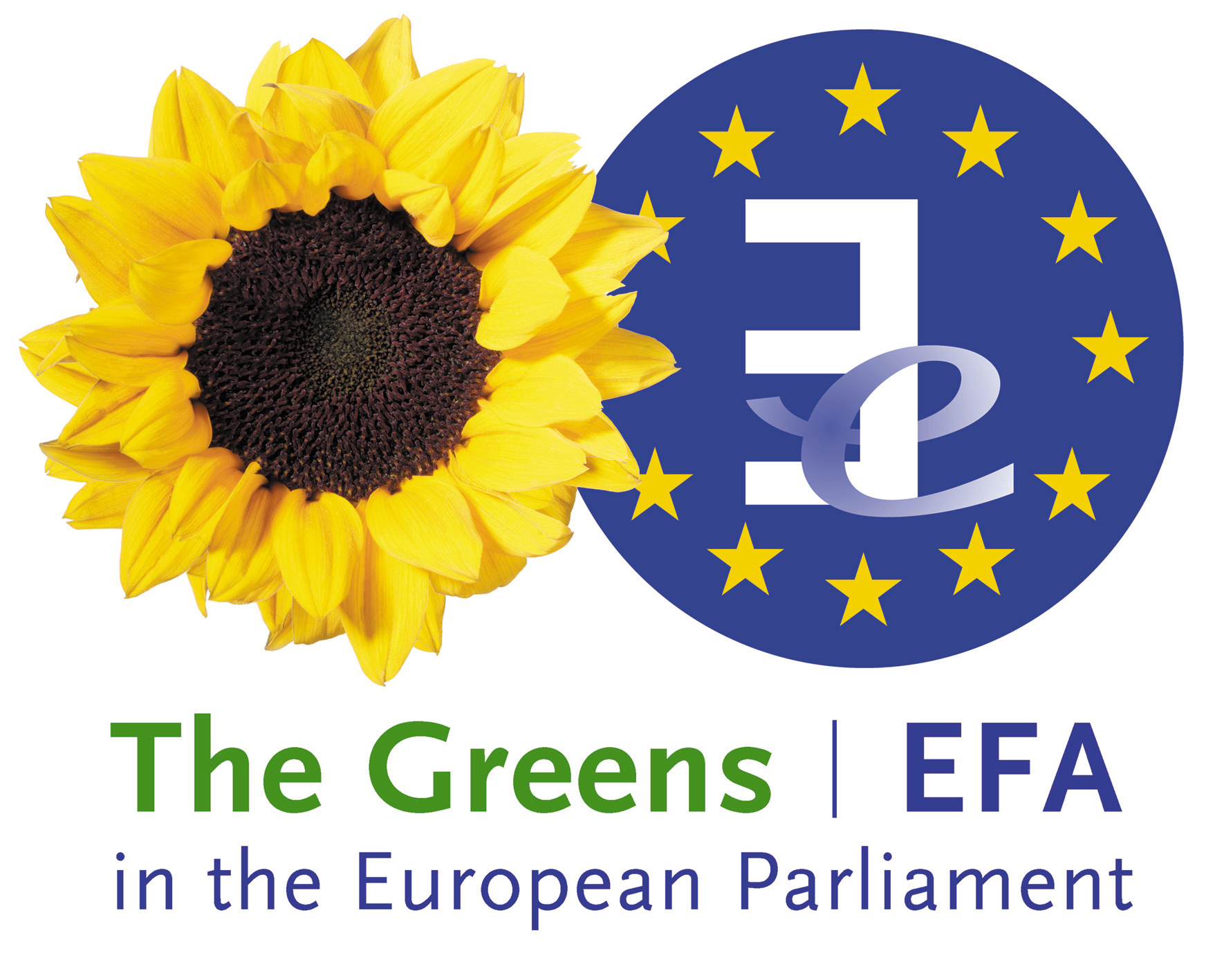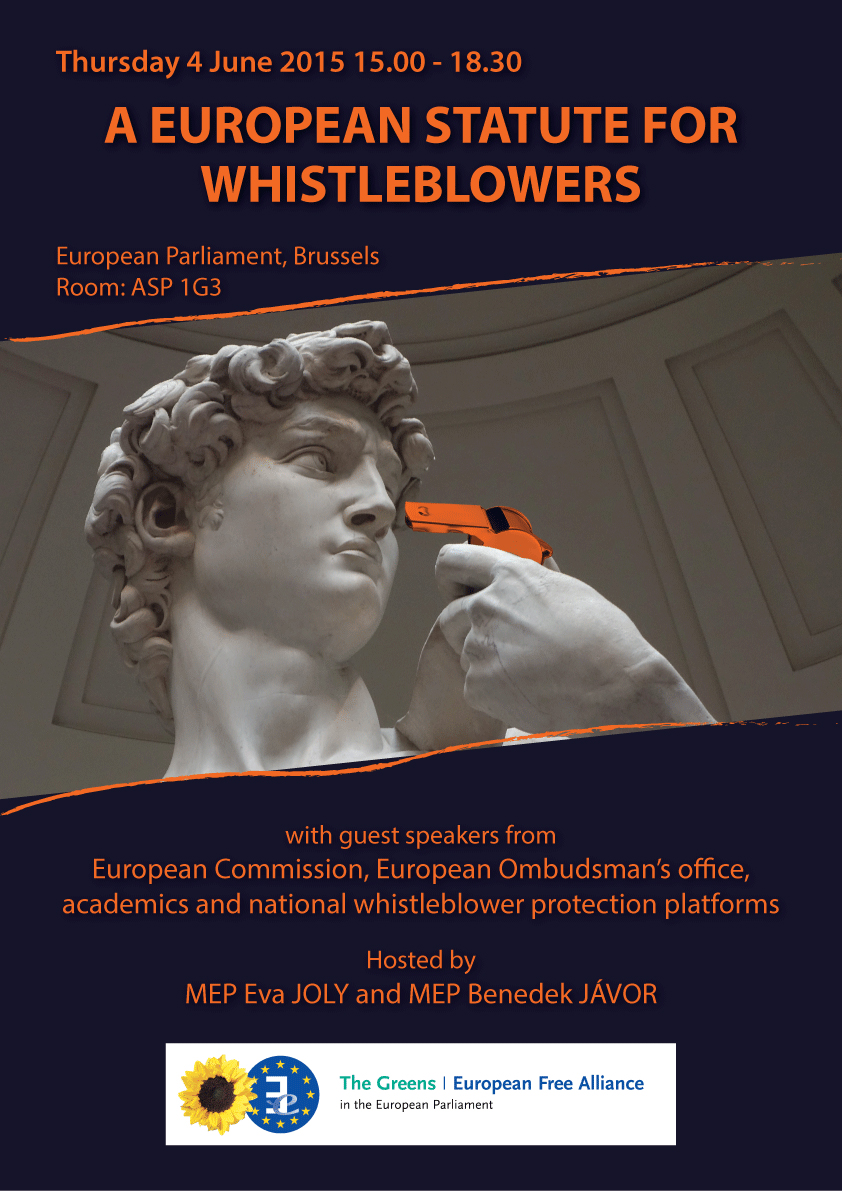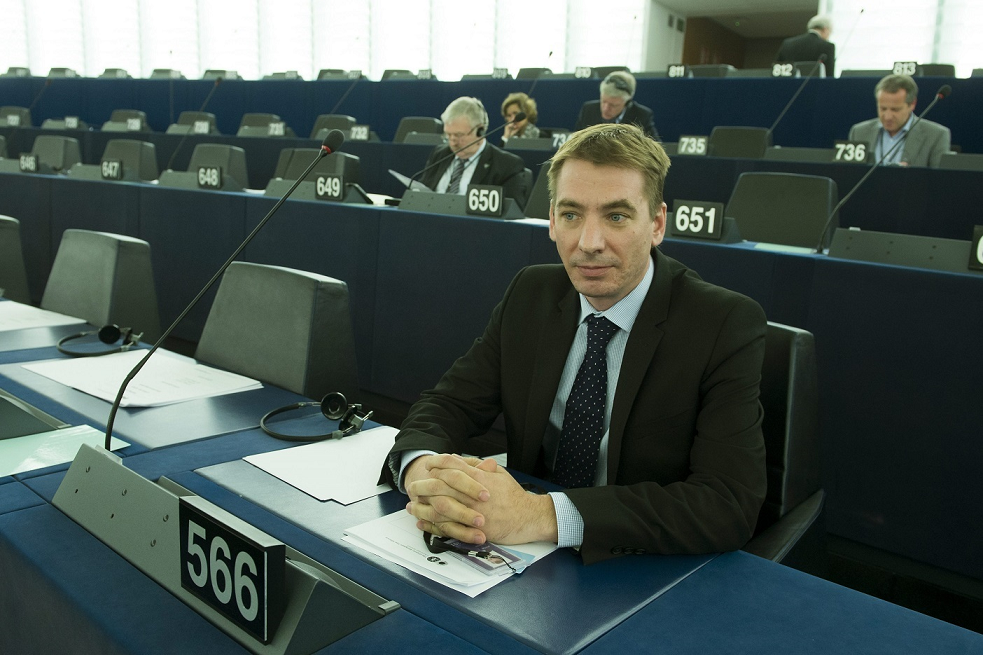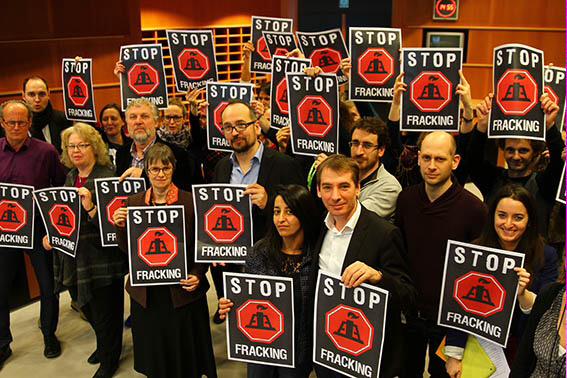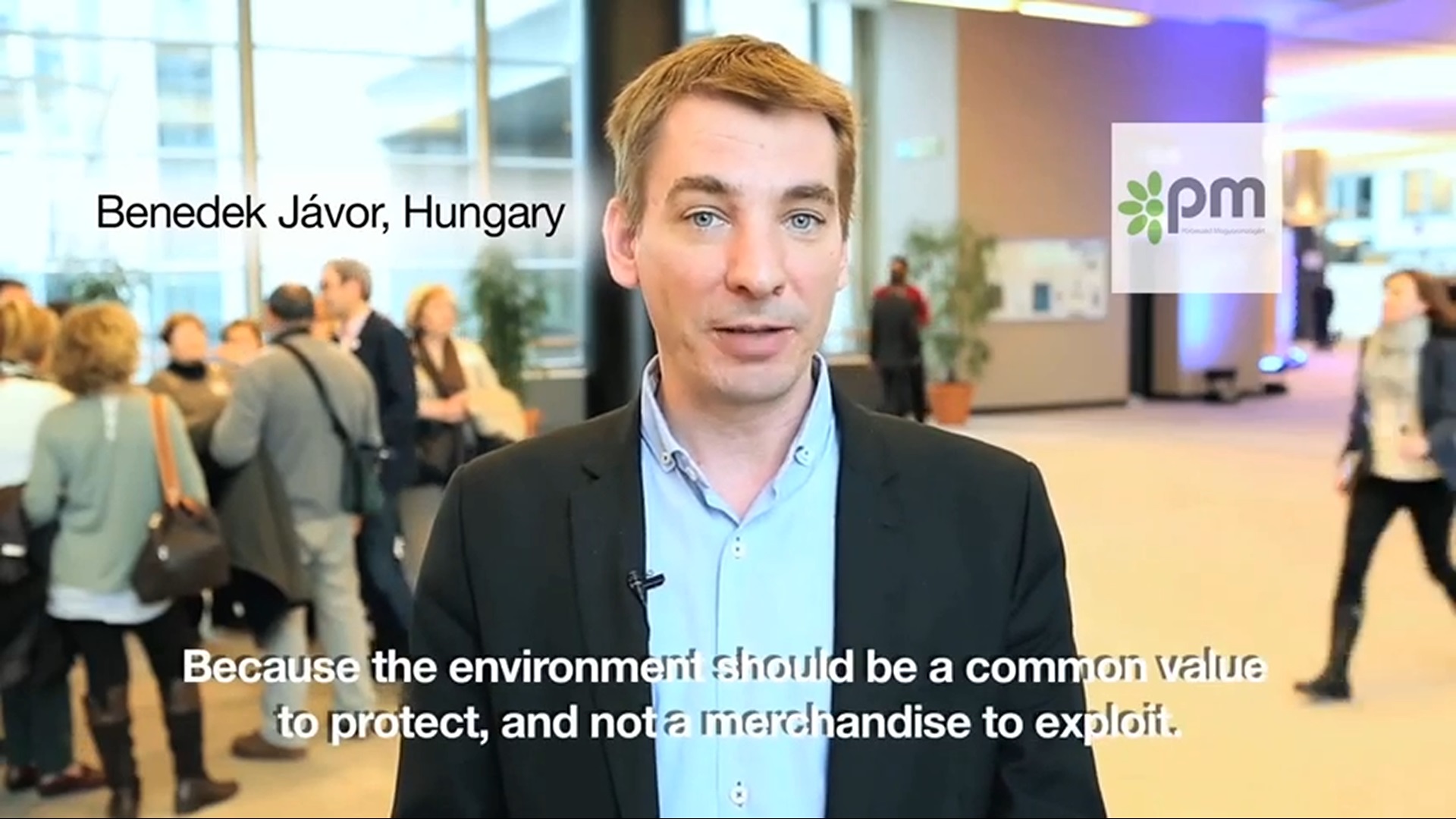The European Parliament asks the European Commission to assess the situation in Hungary and to establish an EU mechanism to monitor democracy, the rule of law and human rights annually across the EU, in a resolution voted on Wednesday. Reinstating the death penalty in Hungary would breach the EU Treaties and Charter of fundamental rights, and the wording of the Hungarian government’s public consultation on migration is “highly misleading, biased and unbalanced”, it says.
In the resolution wrapping up the 19 May plenary debate with Hungary’s Prime Minister Viktor Orbán and Commission First Vice-President Frans Timmermans, MEPs condemn Mr Orbán’s repeated statements on the possibility of reinstating the death penalty in Hungary and stress the duty of prime ministers to “lead by example”.
Death penalty would trigger EU Treaty Article 7 sanctions
The death penalty is “incompatible with the values of respect for human dignity, freedom, democracy, equality, the rule of law and respect for human rights on which the union is founded”, they stress, adding that any member state reintroducing the death penalty would be “in violation of the Treaties and of the EU Charter of Fundamental Rights”. They note that a serious breach by a member state would trigger the EU Treaty Article 7 procedure, which could lead to the withdrawal of its voting rights in the Council.
Migration consultation misleading, biased and unbalanced
MEPs also denounce the Hungarian government’s public consultation on migration. Although “public consultation can be an important and valuable tool for governments to develop policies”, “the content and the language used in this particular consultation is “highly misleading, biased, and unbalanced; establishing a biased and direct link between migratory phenomena and security threats”, they say.
Need for better monitoring of democracy and the rule of law
They call on the Commission to “immediately initiate an in-depth monitoring process on the situation of democracy, rule of law and fundamental rights in Hungary and to report back on this matter to the European Parliament and Council before September 2015”.
The Commission is also asked to present a proposal to establish an EU mechanism on democracy, rule of law and fundamental rights, as a tool for ensuring compliance with and enforcement of the Charter of Fundamental Rights and the Treaties as signed by all member states, MEPs say. They also instruct Parliament’s Committee on Civil Liberties, Justice and Home Affairs to help elaborate this proposal by drafting a non-binding resolution to be voted by Parliament as a whole by the end of this year.
The resolution was passed by 362 votes to 247, with 88 abstentions.
Background for editors
On 28 April, Mr Orbán made a statement claiming the need for a public debate on the death penalty. Following a phone conversation with him on 30 April, European Parliament President Martin Schulz issued a statement saying that Mr Orbán had assured him that the Hungarian government had no plans to take any steps to reintroduce the death penalty and that the Hungarian government would respect and honour all EU Treaties and legislation. However, on the next day, 1 May, Mr Orbán then reiterated his statements on the issue in a national public radio interview.
The public consultation on migration was launched by the Hungarian government in May.
The European Parliament’s Committee on Civil Liberties, Justice and Home Affairs debated death penalty on 7 May, after Parliament’s Conference of Presidents (President Schulz and political group leaders) had asked the committee to examine the situation in Hungary as a “matter of urgency”.
Procedure: non-legislative resolution

